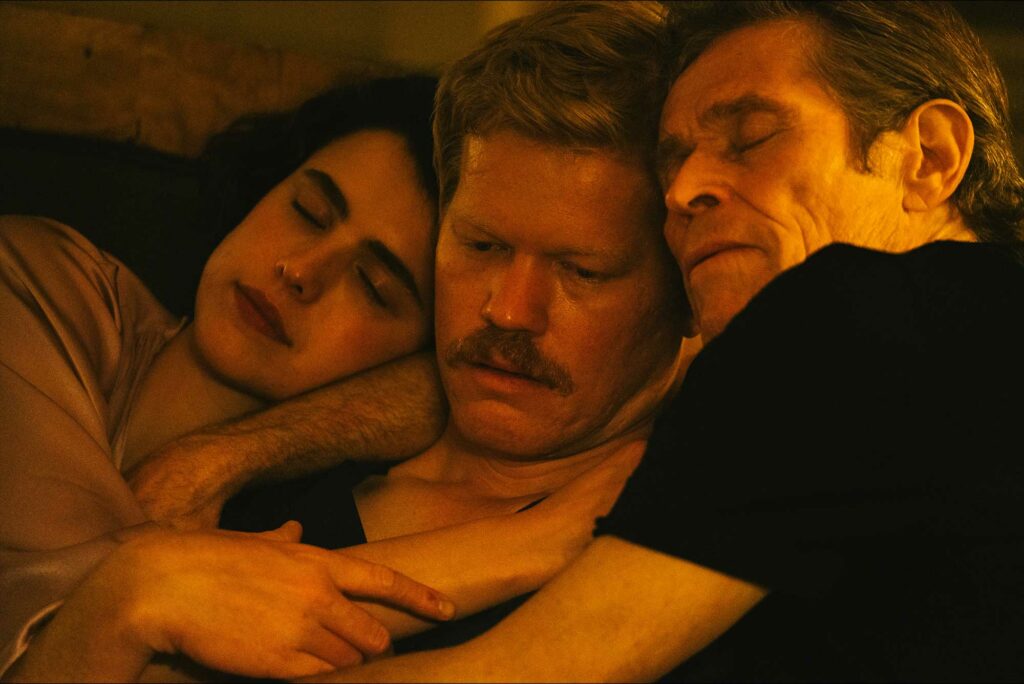

CANNES DISPATCH 11 …
Words by JANE CROWTHER
Photographs by GREG WILLIAMS
As Yorgos Lanthimos’ Kinds Of Kindness bowed at Cannes Film Festival, the film – a triptych of contemporary tales starring Emma Stone, Willem Dafoe and Jesse Plemons – got a standing ovation and a flurry of engaged reviews lauding a challenging film with no easy answers. ‘Listen, I’m a total cheerleader for festivals,’ smiles Dafoe when Hollywood Authentic sits down with him in a Carlton Hotel suite on the Croisette. ‘This is not a popcorn movie. So when it comes to a festival, it starts a discussion, and that’s a good way to make contact with a critical world.’
Though he’s made so-called popcorn movies during his long and illustrious career, Dafoe is well known for collaborating on invigorating films that prompt discussions on meaning that often start at festivals before moving the lobbies of cinemas globally, and Kinds Of Kindness marks another piece of provocative work as the actor plays three roles. In the first story, he’s a businessman with an idiosyncratic wardrobe who minutely controls every aspect of the life of his subordinate (Plemons). In the second he essays the father of Emma Stone’s lost-at-sea wife who returns to her cop husband (Plemons) and arouses suspicion that she may not be who she seems. And in the third, Dafoe is a cult leader who is sexually permissive and cries tears into a vast vat of sacred water, sending his acolytes (Stone and Plemons) out into the world to find the group’s new messiah.
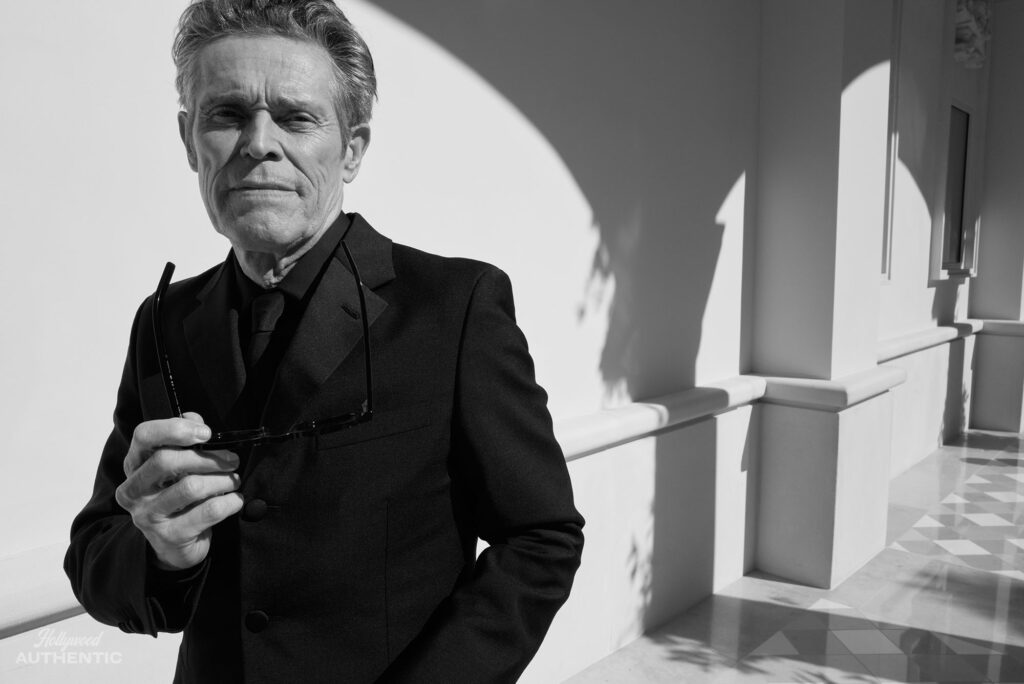
Having previously worked with Stone and Lanthimos on last year’s acclaimed Poor Things, Dafoe was intrigued by the script as soon as the director offered it to him during post production on their period awards winner. He didn’t hesitate in jumping in again. ‘Poor Things was such a good experience. Yorgos is a filmmaker that I’ve always followed, and have always enjoyed. And he’s so good with actors. He gives you really fun stuff to do. He’s very playful. He’s very intellectually curious. It’s a very conscionable and very creative set. So, to work with him again was fantastic. Also, this structure was interesting, the fact that we’re playing three different characters. It became very clear that [Lanthimos] didn’t want this to be a showy thing of actors transforming. Because they’re three distinct films, but they’re all obviously thematically related. And they’re all different, given each different world, and our function in that world. For example, in the first one, I have a pretty substantial role; in the second one, quite a smallish role; and in the third one, a medium role. How I fall into those worlds is different each time. But it’s the same group of people, dealing with the same kind of mentality and themes.’ It also meant re-teaming with Bella Baxter herself, in Emma Stone. ‘Emma, I adore!’ he enthuses. ‘She’s really fun to work with.’
Those themes then; all the stories explore control and cruelty, the weird and illogical kindnesses that humans do for each other in marriage, business, friendship, faith. And each story, while not related, informs the next as a viewer. But like all of Lanthimos’ work, the meaning is defined by each audience member – a Rorschach test in cinematic form. ‘It’s a little bit of a Russian doll,’ Dafoe nods of the project. ‘But you work so hard to just try to be engaged with what’s in front of you. You know, that’s one of the tricks of an actor: that’s your world, so you want the other parts to fade away, because you don’t want to point to those things, or be too tied to that. You want a fresh start each time.’
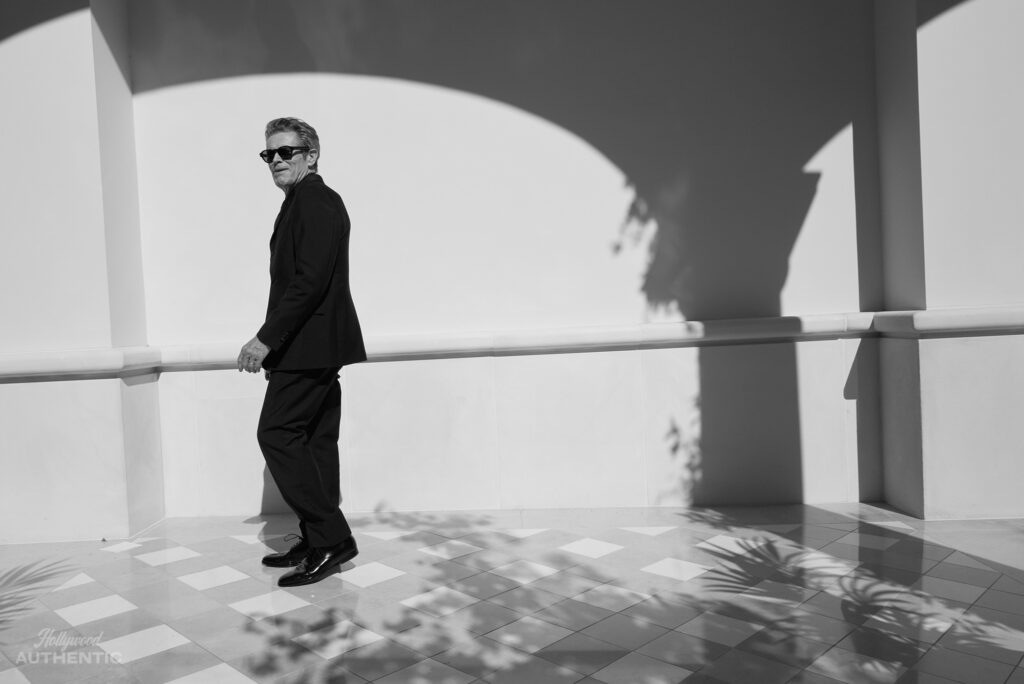
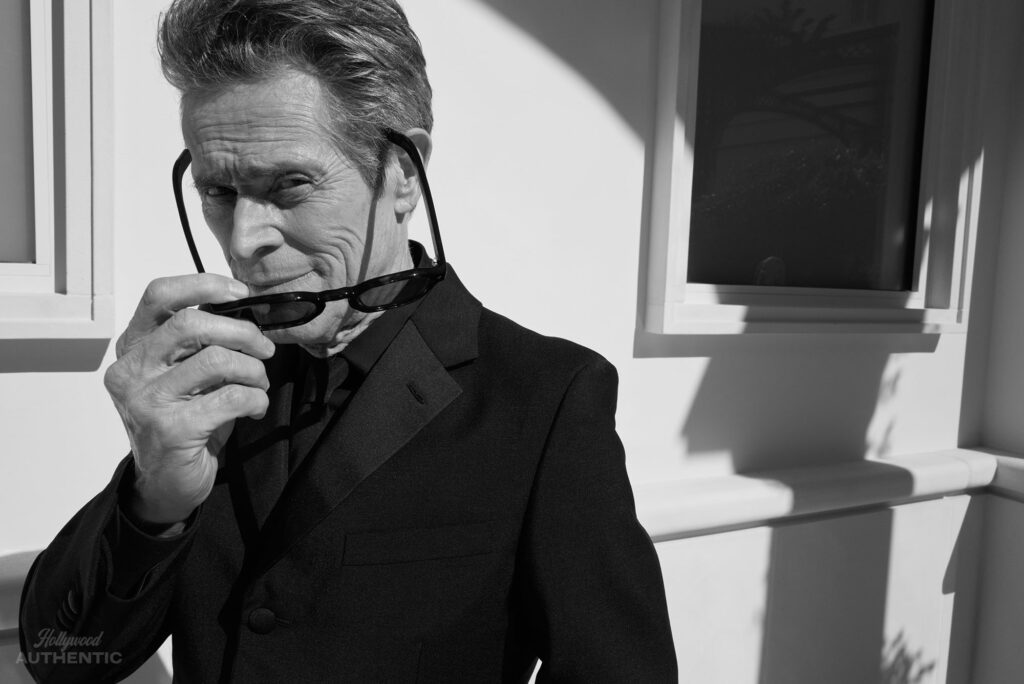
While playing Stone’s Dad required Dafoe to tap into his affection for his co-star (‘I just cued off my love for Emma’), playing a cult leader did have him looking into real-life examples. ‘I’m fascinated by the nature of cults. I looked at a documentary that I think Jesse recommended to me called Holy Hell, also I liked Wild Wild Country. Not so much because I need that to figure out how to play a cult leader. That’s not it. The themes are there. You know, the kind of devotion, the need to give your freedom up to someone else, or dedicate yourself to something outside of yourself. All those themes, the power dynamics, the things about sexuality – they’re all in that. You’re swimming in that pool. You’re not necessarily taking something, and seeing something, and saying, ‘I’m going to do that’. It’s just to get you in that head.’
Lanthimos is also known for his rehearsal process before filming, another aspect that Dafoe was drawn to. ‘Yorgos is very good at making a company. Rehearsal is not so much to deal with the text, or even talk about character, except to play games and get comfortable with each other. And that’s very helpful. So once you finish that rehearsal period, you feel very comfortable with each other, and everyone is kind of on the same footing. And it’s a good way for you to understand Yorgos, what his impulses are, what he likes, and what he tends to go towards. You get in his head a little bit. And it’s always good any time you can get that in a movie, because then people stop worrying about that old thing of, ‘leave your ego at the door’.’
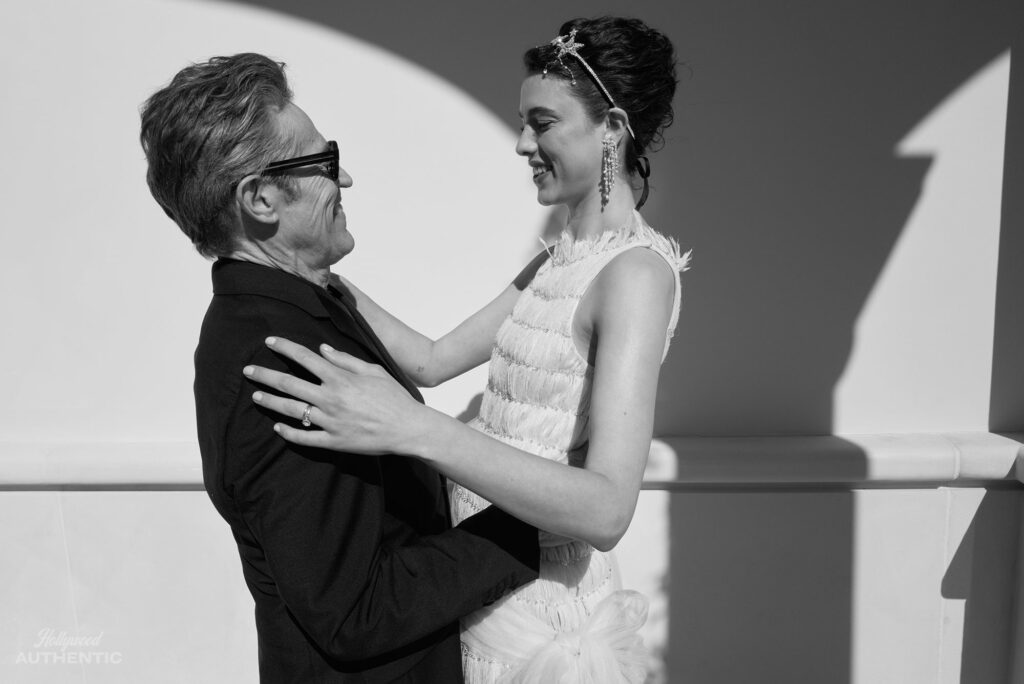
Dafoe will be digging into ego, legacy, fame and the impact of praise on the soul with his next project, a film he’s also in Cannes to launch. Late Fame, adapted from Arthur Schnitzler’s 19th century Vienna-set novella, switches the time period to 70s New York with Dafoe playing a poet long forgotten by society. Until, that is, his poems are rediscovered and feted. Sandra Hüller will play a Broadway actress and fan of his work who challenges his ideas of genius. Directed by Kent Jones, the film starts shooting in New York this Autumn. The project was sparked by creative serendipity for Dafoe.
‘The Schnitzler novel that it’s adapted from, a friend brought to me, independent of this production, and said, ‘I think there’s a movie here’. I was carrying it around when I happened to meet the director, and we started talking. To make a long story short, we came together on it but from separate places. We were both reading this, and were interested in this, at the same time. And then it’s Samy Burch who wrote this beautiful adaptation that sets it in New York at a time that I was in New York, and it was a very special time, the late ‘70s. It’s very rich material. It expresses a very particular time, and it has lots of interesting ruminations about fame and personal history and memory and ambition, and about what it is to aspire to be an artist.’
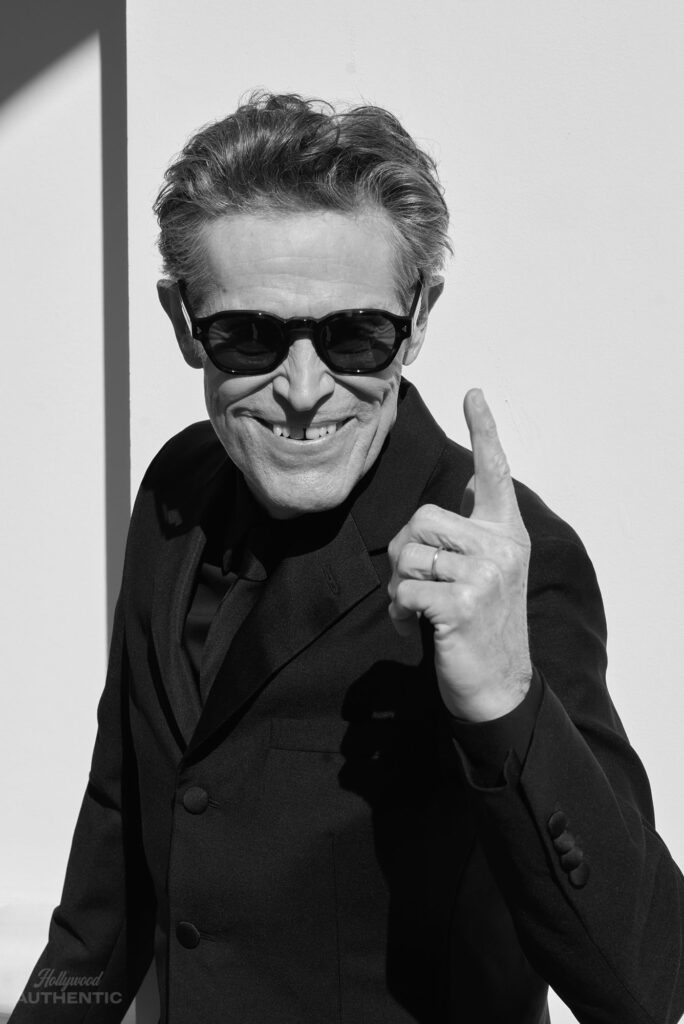
Kinds Of Kindness premiered at the 77th Cannes Film Festival and will be released later this year. Late Fame starts shooting in autumn this year, release TCB



